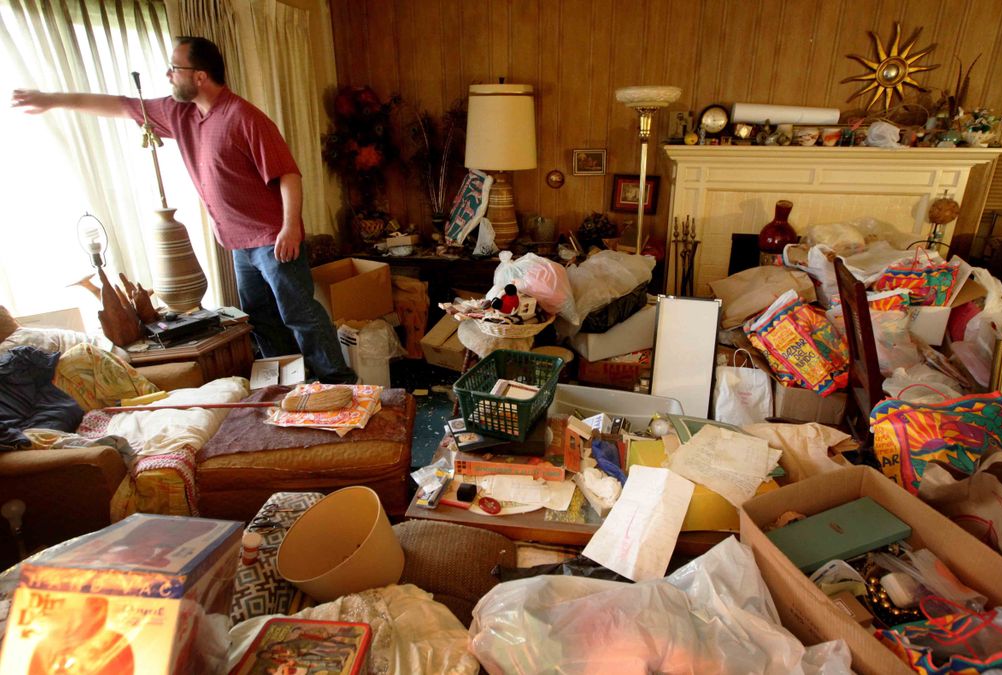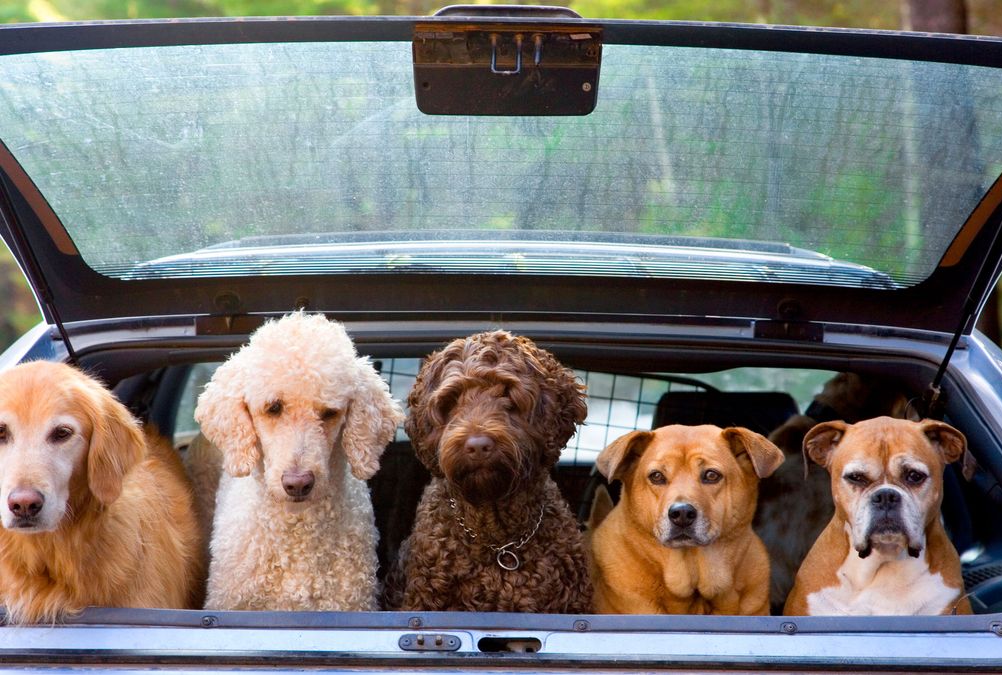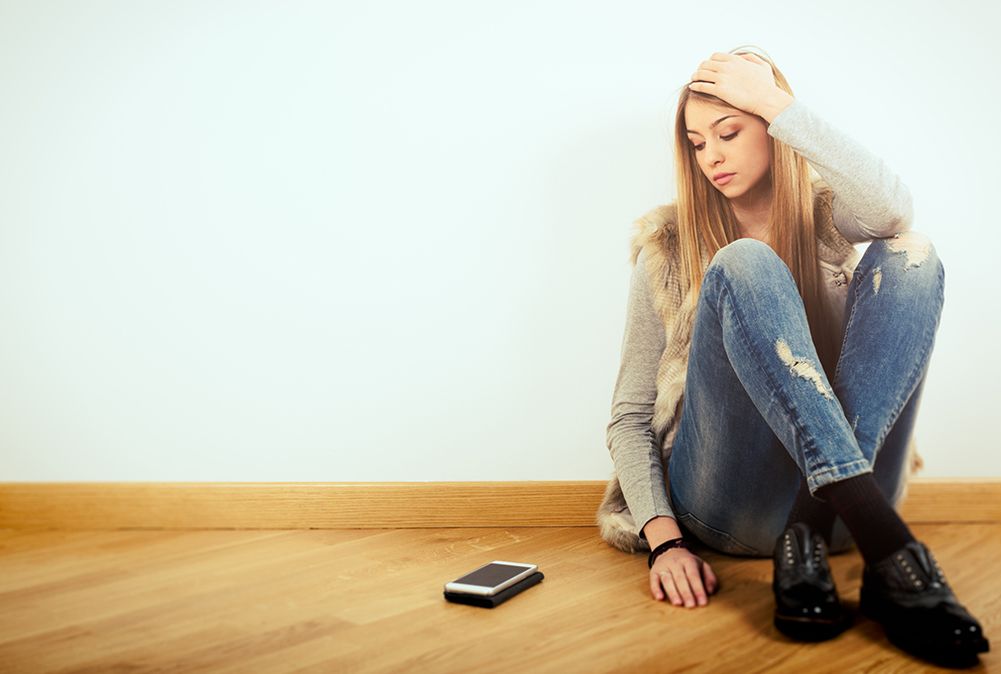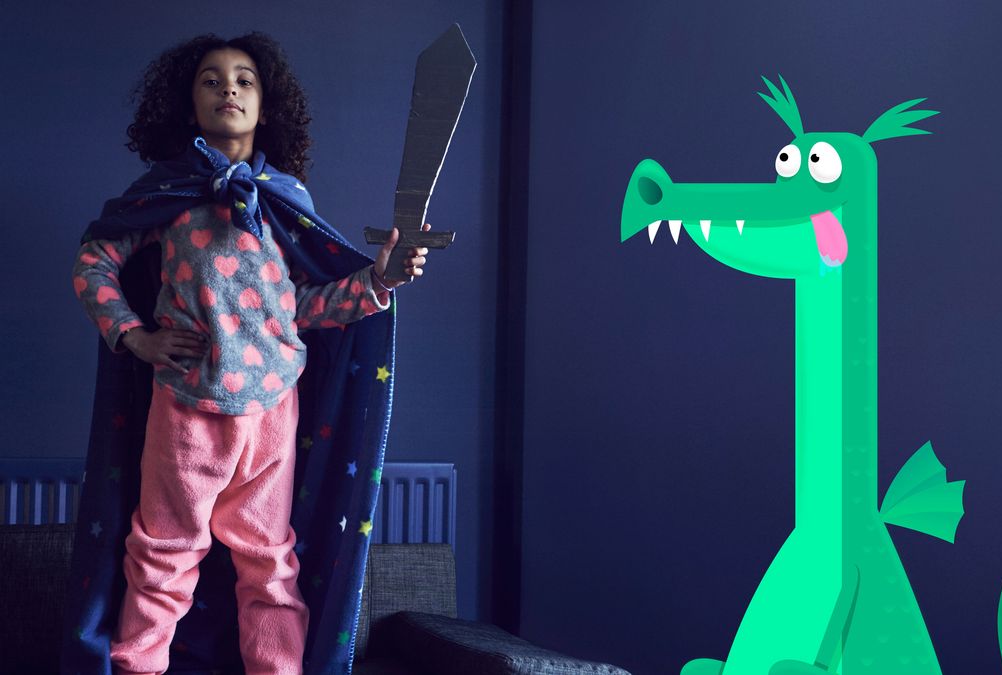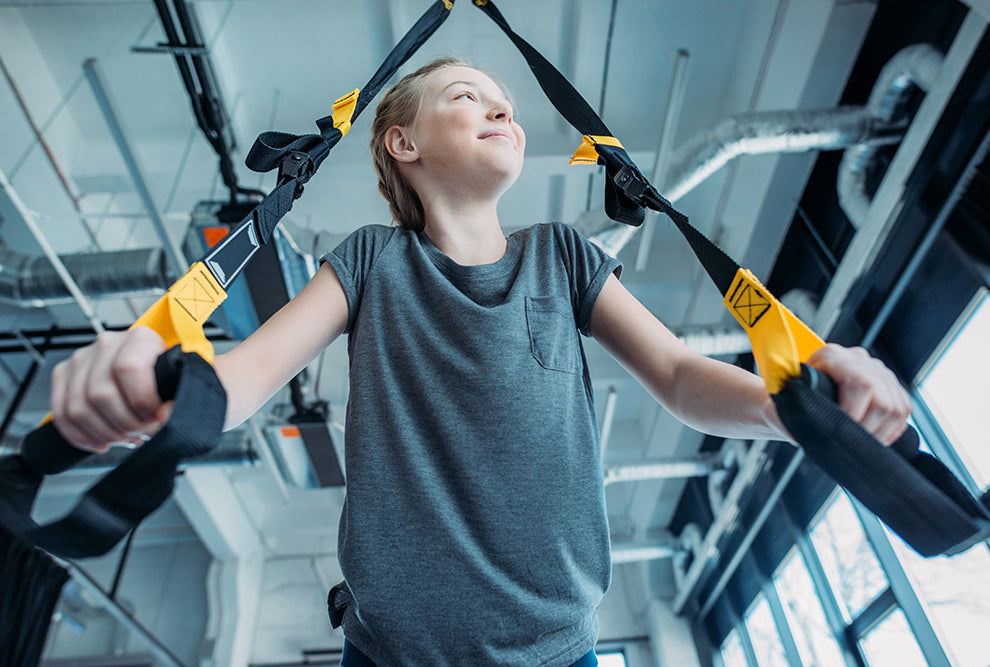
Each odd 12 months since 1977, sailors from all over the world have gathered in France for an insanely arduous race – the Mini Transat 6.50. They hop into their Mini 6.50 yachts (tiny boats at a most of 21 ft or 6.5 meters lengthy) after which head west as quick as they’ll, hoping to be the primary to succeed in Le Marin Bay, Martinique, within the Caribbean, some 4,000 watery miles (6,437 kilometers) away. The race has two legs: France to the Canary Islands, and the Canary Islands to Martinique.
And the most important catch? The 80-odd sailors should do that journey alone. However how do sailors full an endurance race that lasts three to 4 weeks with out sleeping greater than 20 minutes at a time?
That is the query behind a examine carried out by researchers of the College of Bologna in Italy. Scientists needed to raised perceive how sailors managed their sleep cycles, and whether or not sure folks have inherent organic benefits that assist them throughout this bodily demanding race. The outcomes have been printed on Could 4, 2020, within the journal Nature and Science of Sleep.
Within the weeks main as much as the race, researchers requested 42 of the sailors to doc their coaching and preparation. Additionally they recorded essential information like sleep high quality, somnolence (want for sleep) and their chronotype, which basically means whether or not they’re early morning sorts, night time owls or someplace in between.
Solely half of sailors consciously ready sleep methods. "Professional skippers typically make this alternative," stated professor Giuseppe Plazzi, examine coordinator, in an announcement. "Certainly, professional sailors with a monitor report of miles and miles of offshore crusing are extra aware of the significance of sleep administration."
Of these with a technique, greater than half (52 p.c) opted to sleep extra earlier than the race in hopes of "banking" sleep, understanding that they’d must make severe withdrawals from that account quickly. About one-quarter opted for polyphasic sleep as an alternative, hoping that brief catnaps all through the day would get them by. Earlier analysis carried out by "Seinfeld" says this may increasingly not at all times work.
The final 22 p.c selected a gradual descent into sleep deprivation, with the concept though they’d be exhausted by the top, they may maintain on for the end line.
Chronotype information confirmed that about 40 p.c of those excessive sailors have been morning folks, early to rise and early to mattress. The opposite 60 p.c have been "hummingbirds," those that fall within the center floor. There have been zero night time owls – who could also be at a drawback in all these endurance competitions, in accordance with researchers. Sailors who have been early birds have been much less possible to make use of a pre-race sleep administration technique than hummingbirds.
No matter their sleep methods, the researchers discovered there have been no actual variations in arrival instances for both leg of the race. (In case, you are questioning, the sailors use autopilot to maintain their vessels on monitor whereas they take a nap.)
"Our subsequent step can be to carefully monitor sleep-wake cycles each throughout the coaching and throughout the race. On this approach, we will devise more and more efficient and exact sleep administration methods," stated Plazzi.
Now That is Fascinating
It is a widespread false impression that folks can "financial institution" sleep upfront. However for years, science has been telling us in any other case. Irrespective of the way you strategize, sleep deprivation causes steep decreases in psychological and bodily efficiency, regardless of how a lot sleep folks attempt to get earlier than an extended occasion.



